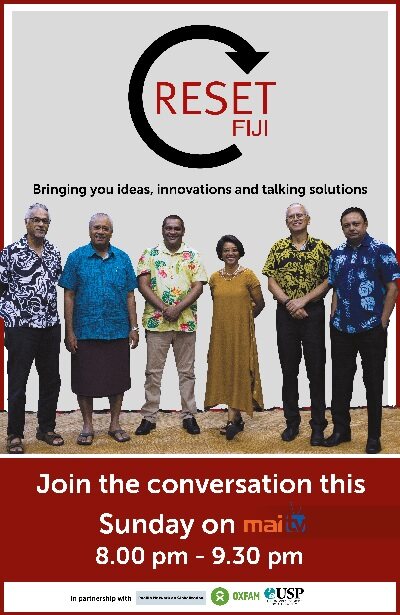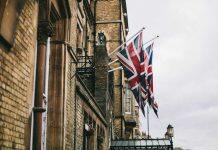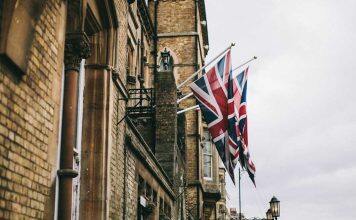

The University of the South Pacific (USP) in collaboration with MaiTV, Oxfam in the Pacific and the Pacific Network on Globalisation (PANG) is hosting a public policy dialogue series in the months of June and July aiming for solutions here in Fiji to address the growing impacts of COVID-19 and to reset Fiji’s economy.
The climate emergency and on-going natural disasters (Cyclone Harold) coupled with the pandemic has exposed, again but perhaps more starkly, the fundamental flaws within the current dominant economic systems. Jobs and livelihood losses, bankruptcy, capital flight, evacuation and forced migration, drop in remittances, increase in crime, increase in mental health issues, and violence against women are some of many impacts already felt and will become even more pronounced as the global economy slides into recession.
But out of crisis there is also opportunity.
There is now a growing realisation amongst our people that our resilience is built on existing structures and communal systems – an economy of solidarity amongst people – one of sharing and caring. The Fiji government has been an early mover to capitalise, at least politically, on this system of solidarity and to frame its response to the pandemic and natural disaster through the ‘Veilomani’ efforts.
Australia and New Zealand are moving quickly by signalling a Trans-Tasman bubble to protect their economies although our exclusion as island nations is presented for our benefit – a do no harm policy. But our Pacific governments appear to be desperately seeking to be part of the trans-Tasman bubble and a return to the power politics of old rather than taking the opportunity to RESET our development priorities and responses.
With borders unlikely to reopen anytime soon, the pandemic has in fact locked an entire country into a temporary pause with devastating impacts. The pause is an opportunity to RESET our developmental priorities in Fiji. It will require all of us to look internally to build from our greatest assets: our people, a clean healthy environment, our cultures and stories of leadership in times of unprecedented calamity to shape a response. The RESET will require an entire country to own it, drive and shape a post-COVID-19 world.
Further information is available at The University of the South Pacific.
Edit: The World Education News(WEN) findworldedu.com








































